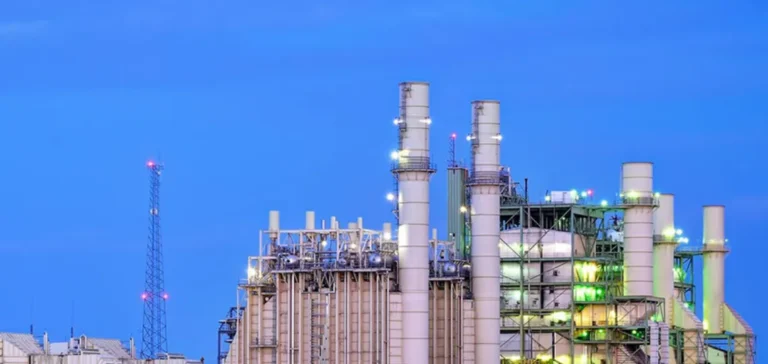CPS Energy announced a definitive agreement with ProEnergy to acquire four natural gas-fired power plants with a total generation capacity of 1,632 megawatts (MW) for $1.387bn, approximately AED5.09bn. The facilities are located in Harris, Brazoria, and Galveston Counties within the Electric Reliability Council of Texas (ERCOT) market. The transaction is expected to close in the third quarter of 2025.
The assets included in the deal are recently built peaking units featuring dual-fuel capabilities that could eventually accommodate hydrogen blends. This flexibility is considered a strategic asset for addressing evolving generation needs while preparing for potential future transitions in fuel technology.
A strategic move in a competitive market
In addition to the acquisition, CPS Energy signed Operations and Maintenance (O&M) and Total Care Services Agreements (TCSA) with ProEnergy. These agreements assign ProEnergy responsibility for daily operations and maintenance, ensuring continued performance and safety across the sites.
This acquisition aligns with CPS Energy’s board-approved generation and resource plan. The company stated that purchasing existing operational assets avoids high construction costs, inflationary pressures, and delays typically associated with building new facilities, while adding immediate generation capacity to the grid.
Enhanced flexibility and reduced risk
The strategy aims to boost energy reliability while managing expenditure. CPS Energy claims that acquiring functioning infrastructure offers a lower-risk alternative compared to developing new capacity, especially amid ongoing supply chain uncertainties. The compatibility of these plants with CPS Energy’s existing systems is expected to facilitate integration without major disruptions.
The acquired portfolio also provides fuel flexibility, enabling operations with multiple energy sources. This gives CPS Energy technical latitude as energy demand increases in San Antonio and surrounding areas.
Advisors and transactional framework
J.P. Morgan served as exclusive financial advisor to CPS Energy, with legal counsel from Dykema Gossett PLLC. On the ProEnergy side, CIBC Capital Markets acted as exclusive financial advisor, supported by legal counsel from Latham & Watkins LLP. The purchase price remains subject to standard working capital adjustments.






















